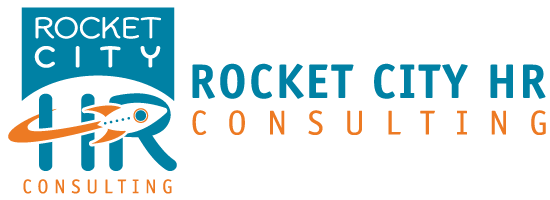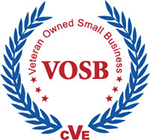In the past, companies were primarily concerned with their Total Rewards Strategy (TRS), tangible rewards and traditional benefits, such as base pay, health insurance, and retirement plans. Of course, a TRS is vital to a company’s retention, but it is only a subset of an Employee Value Proposition (EVP). An EVP is more focused on the perceived value that employees gain from their employment with an organization. It’s a broader concept that includes not only compensation and benefits but also the work environment, company culture, opportunities for growth, and the overall employee experience. An EVP emphasizes the overall experience, well-being, and fulfillment that employees derive from their work, which extends beyond just financial rewards. In addition, it focuses on how an organization can differentiate itself as an employer of choice by providing a compelling overall experience that aligns with the values and needs of its employees.
While companies measure the success of their TRS through cost, competitiveness in the market, and employee satisfaction with compensation and benefits, your EVP is measured through employee engagement, culture surveys, and feedback to gauge the perceived value and impact of the overall experience. It should directly reflect the organization’s culture-lived values, as it encompasses all aspects of the employee experience. You can use a total compensation calculator to help employees understand the full value of their compensation, which can be a useful tool for recruitment and retention. Employers benefit from these tools by clearly communicating the value of their compensation packages and helping employees make informed decisions. By providing your employees with documentation, you are giving them the whole picture.
In summary, an employee value proposition will show your employees that you care. Then, they can decide if your company is the company they want to work for in the long run. Remember, ensure you make data-driven decisions, constantly “re-recruit” your employees to retain them, and have family buy-ins of your EVP, as they are a strong influencer in your employees’ lives. It’s a strategic approach to talent management that contributes to an organization’s long-term success.
By Casey Fritz, SHRM-SCP







